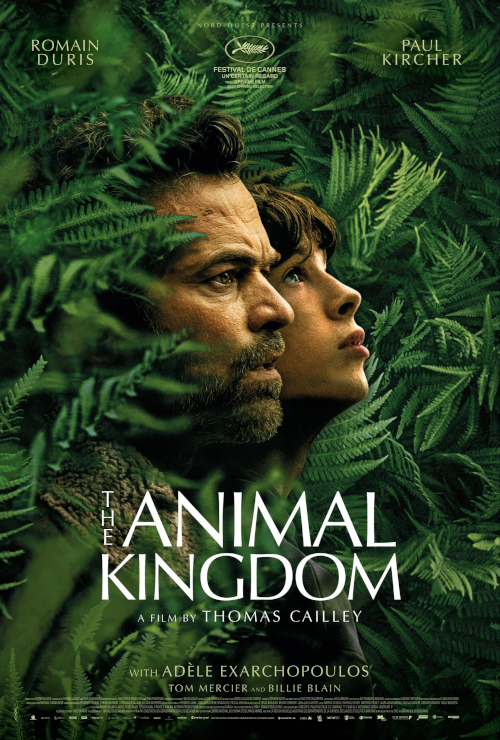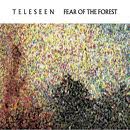 After scoring a resounding early success, with his debut Love At First Sight winning the Best First Feature Film award at the Cesars, Thomas Cailley slipped into television and writing with his frequent collaborator Victor Saint Macary. Almost a decade after his first film, he returns with The Animal Kingdom, a film that sells itself as a political sci-fi but is far from it, and all the better for it too.
After scoring a resounding early success, with his debut Love At First Sight winning the Best First Feature Film award at the Cesars, Thomas Cailley slipped into television and writing with his frequent collaborator Victor Saint Macary. Almost a decade after his first film, he returns with The Animal Kingdom, a film that sells itself as a political sci-fi but is far from it, and all the better for it too.
The film opens in the early stages of a France hit by a wave of mutations that are gradually changing the infected into animals. François (Roman Duris) and his teenage son Émile (Paul Kircher) have decamped to a more rural woodland locale after his wife’s infection and transformation. As Émile settles into a new school, word comes that a group of infected (or critters as they are derogatorily known) including his mother have escaped in transit. This sparks a search spearheaded by François and Julia (Adèle Exarchopoulos), the town’s police sergeant sidelined by military intervention, and an attempt to reconcile the town’s hatred for the creatures with their loved ones’ transformations.
This vision of the plot on paper however doesn’t give a real indicator of the film at all. It is a long way from any sort of taut police-procedural thriller. In fact, the film’s developments are never a particular surprise, and the film never seems to hold any illusions that they might be, instead unhurriedly pacing through them as and when it feels right. Instead of narrative momentum what buoys the film is its ability to juggle a real sincerity and its fundamental daftness.
It doesn’t feel like an accident that a subplot of the film is essentially Kes (if the kestrel had up until recently been a bloke), as the film’s spirit lies far closer to that film than any sort of David Cronenbergian satirical body horror. However, the film knows when to commit to its genre trappings, and it largely succeeds on a raw thrills level. The creatures are suitably grizzly and when the body horror comes, it’s nasty enough to feel weighty; there’s enough torn out fingernails and pulled teeth to keep the film from ever settling completely into anything approaching cosiness.
It does however, need saying that Adèle Exarchopoulos is completely underused, her character practically non-existent and certainly never of any particular consequence. It’s a real shame given the superb run she’s been on of late, developing into the fantastic actress that was so evident when she first broke through in Blue Is The Warmest Colour. That said, it’s not often you get to see a Palm d’Or winner in rapid pursuit of a squid-girl through a supermarket, so win some, you lose some I suppose.It’s certainly a film with flaws, there’s no arguing that; but it manages its precarious genre division well, and maintains a real warmth in amongst the grue. Cailley is yet to make a truly great film, but The Animal Kingdom continues to show he is a film-maker with real promise.
The Animal Kingdom screens at Glasgow Film Theatre on 25 November and Edinburgh Dominion on 10 December 2023. The French Film Festival UK 2023 runs until 14 December at various venues around the UK.


